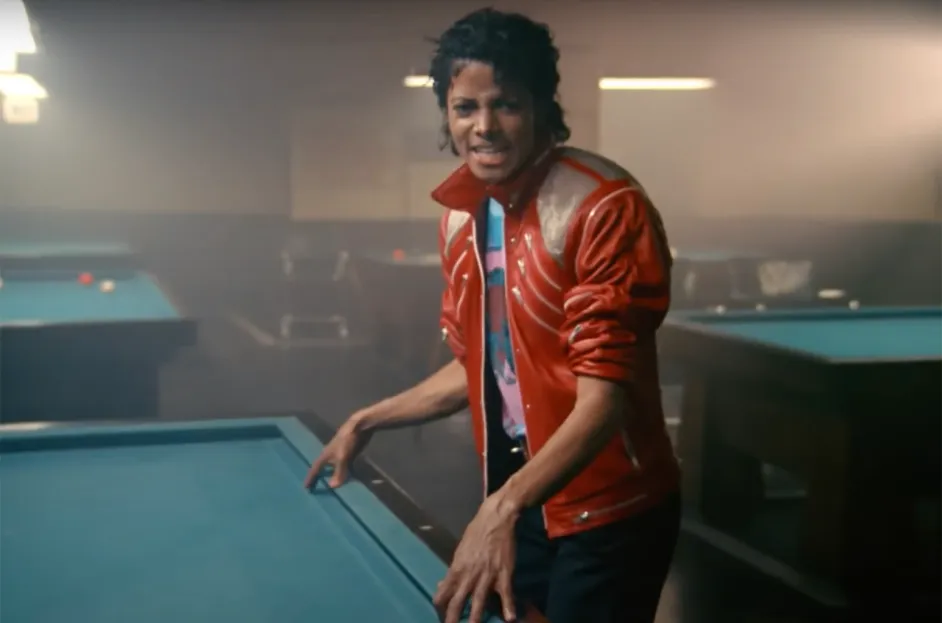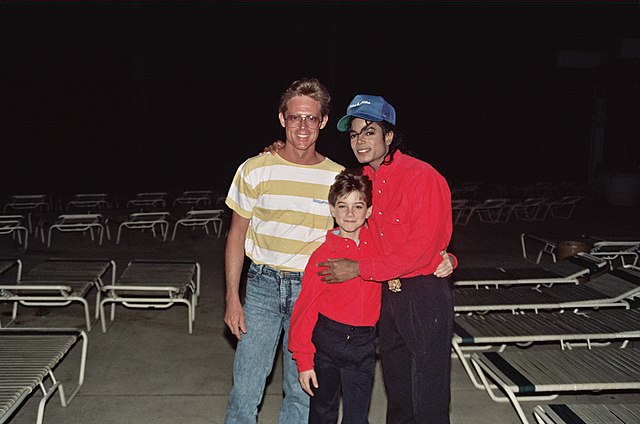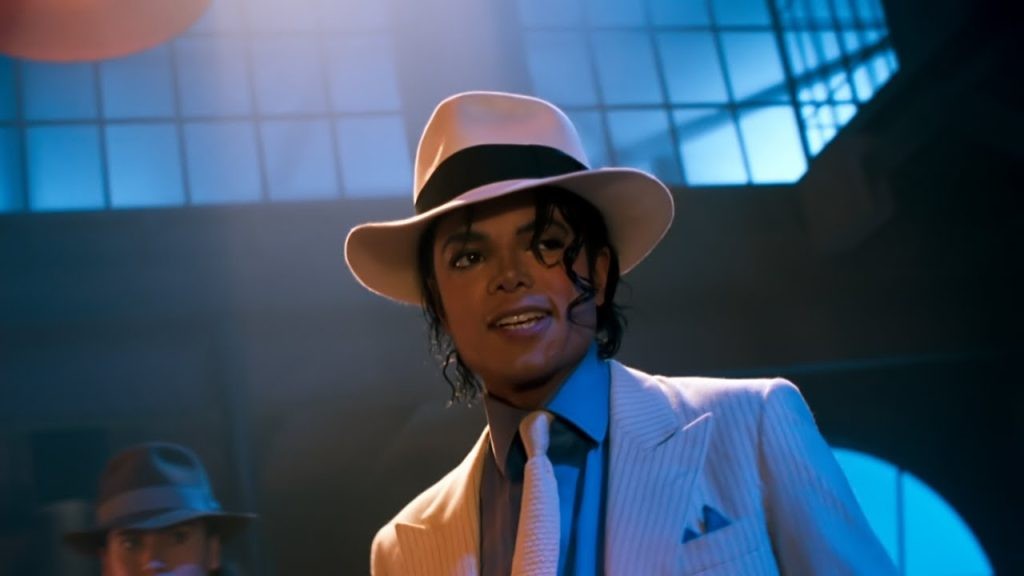“Fame is a bee. It has a song—It has a sting—Ah, too, it has a wing.” This quote from Emily Dickinson encapsulates the bittersweet nature of fame, particularly when it comes to public figures like Michael Jackson. His extraordinary talent and groundbreaking achievements in music made him a household name, yet those same accolades often placed a target on his back.
 Michael Jackson in the Beat It music video | Credits: Billboard Music
Michael Jackson in the Beat It music video | Credits: Billboard Music
As he soared to new heights, breaking sales records previously held by icons like Elvis Presley and The Beatles, he became not just a musical legend but also a figure embroiled in controversy. Jackson’s 2002 speech at the National Action Network serves as a poignant reflection on the toll fame can take on an individual. He articulated his feelings about the conspiracy he believed was aimed at dismantling his career.
Michael Jackson, the King of Pop, certainly experienced the dichotomy of fame in a way that few can comprehend. In 2002, during a stirring speech at the National Action Network he opened up about the challenges he faced as he broke record after record—success that surpassed legends like Elvis Presley and The Beatles.
Instead of celebrating his achievements, society turned a critical eye, branding him with labels that were as unjust as they were unkind. He revealed how this sudden change in public perception felt like a storm brewing against him.
The minute I started breaking the all-time record in record sales—I broke Elvis’s records, I broke Beatles records—the minute it became the all-time best-selling album in the history of the Guinness Book of World Records, overnight they called me a freak. They called me a homos*xual. They called me a child m*lester. They said I bleached my skin. They did everything to turn the public against me.
 Michael Jackson and James Safechuck | Credits: Alan Light via Wikimedia Commons, Creative Commons Attribution 2.0
Michael Jackson and James Safechuck | Credits: Alan Light via Wikimedia Commons, Creative Commons Attribution 2.0
Jackson’s words resonate deeply, highlighting a painful truth: the more he accomplished, the harsher the criticism became. Rather than basking in the glory of his groundbreaking success, he found himself under a microscope, with accusations and derogatory labels flying his way.
In various interviews, Michael Jackson openly discussed the emotional burdens that fame brought into his life. In one particularly revealing conversation, he expressed grave concerns about the exploitative nature of the music industry. He noted how record companies often undermine their own artists, prioritizing corporate profit over the well-being of the very talent they are supposed to support.
When he asserted that “record companies really really do conspire against their artists”, Jackson pointed to a systemic problem where the interests of the industry frequently clash with the rights and needs of the artists.
Record companies really really do conspire against their artists. They still cheat. They do whatever they can, especially the black artists.

Also, his tragic demise fuels endless speculation and debate. Comedian Katt Williams also earlier added his voice to the conversation, raising eyebrows with his provocative views on the circumstances surrounding Jackson’s death.
In a video that has sparked significant discussion, Williams boldly claims that Jackson’s passing was not merely a tragic accident but rather a carefully orchestrated act by powerful figures in the entertainment industry. Williams draws attention to the ominous title of Jackson’s final tour, ‘This Is It,’ arguing that it wasn’t just a celebratory farewell but a grim acknowledgment of the fate that awaited him.
“We watched this Michael Jackson get murdered right in front of our own moutherf**king face,” he stated. He believed that Jackson had a premonition about his impending fate, a truth that went largely unnoticed by the public.
In his commentary, Williams highlights the contradictions in the official story. He noted that the narrative initially labeled Jackson as a drug addict, only for later revelations to suggest he was simply asleep. “First they told us this [singer] was a drug addict, then we found out this [singer] was asleep,” he pointed out, questioning how someone labeled a drug addict could merely fall into slumber without consequence.
Through his bold assertions, Katt Williams invites us to reconsider the events surrounding Jackson’s tragic end.


